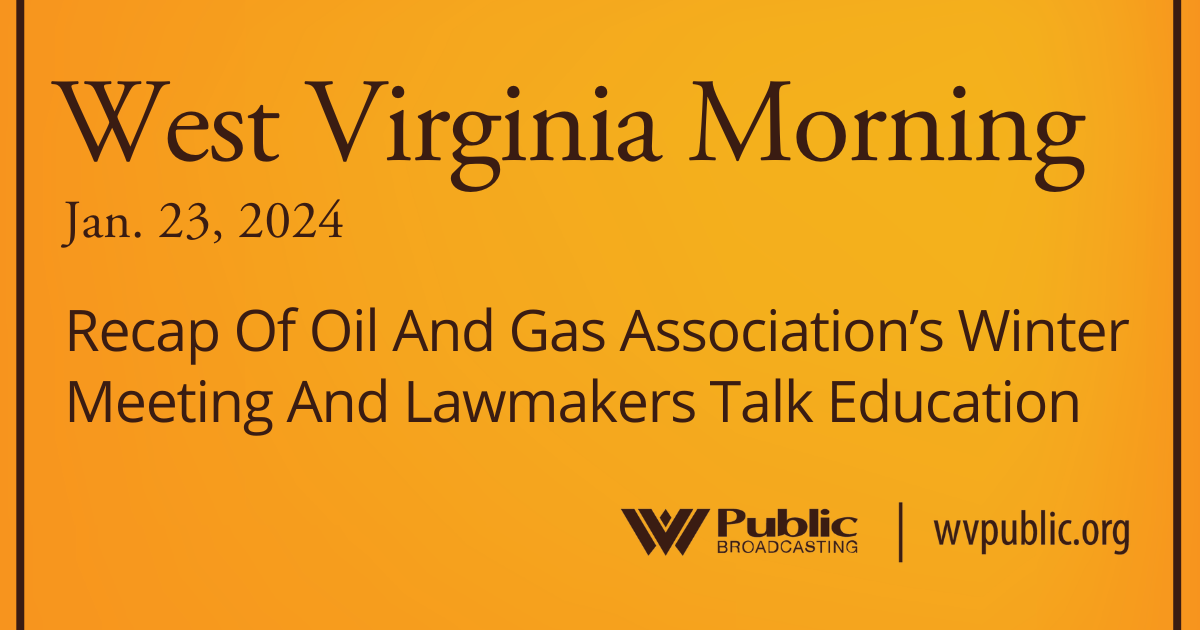A group of lawmakers, environmental advocates, and representatives of private property owners called for the state legislature to fully fund the West Virginia Department of Environmental Protection’s Office of Oil and Gas on Thursday
The office handles inspections and permits for over 67,000 natural gas and oil wells across the state. Last summer, the office had to cut its staff from 40 to 25 due to a downturn in new drilling.
At a press conference on Thursday, Del. Evan Hansen, D-Monongalia, said the office’s recent budgetary shortfalls present both a public health and environmental issue.
“Worst case scenario, if these wells are not properly inspected and maintained there’s an explosion risk or other types of bad things can happen to people who live nearby or people who work on these sites,” he said.
Hansen said he plans to co-sponsor legislation that will impose an annual $100 fee on active wells and return the office to full staff.
Dustin White of the Ohio Valley Environmental Coalition says his organization is deeply concerned about the cuts and urges the legislature to find funding.
The office relies on permit fees for the bulk of its funding and due to the pandemic, new drilling has slowed down significantly.
State Senator William Ihlenfeld, D-Ohio, a member of the Senate Energy Committee also voiced concerns over staff cuts.
“These inspectors do really important work for us,” he said. “According to the DEP, we have over 55,000 active wells and over 12,000 inactive oil and gas wells. And we have thousands of abandoned wells so there’s a lot of work to be done, a lot of territory to cover.”
Dave McMahon of the West Virginia Surface Owners’ Rights Organization said more oversight of the oil and gas industry was needed and current staffing levels at the agency are not sufficient.
The state senate passed a bill last year to provide the office additional funds but it did not make it into law. The request for full funding comes ahead of the legislative session beginning Feb. 10.
